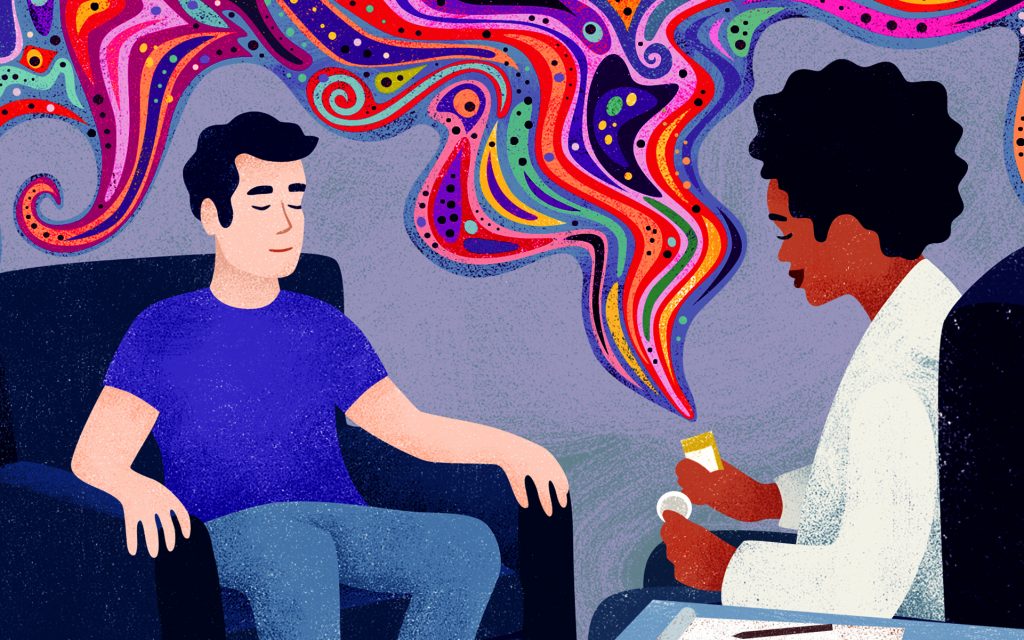Governor Gavin Newsom Faces a Crucial Decision on Psychedelic Decriminalization
LOS ANGELES- The movement to decriminalize psychedelics in California, a campaign spanning over six decades, stands at a pivotal juncture. SB58, the bill that seeks to decriminalize various natural psychedelics and pave the way for their therapeutic use, has now reached the desk of Governor Gavin Newsom. The question remains: will he endorse or veto the legislation?
Although it’s been almost a month since the bill was presented to him, Newsom’s stance remains ambiguous. While recognizing the potential therapeutic benefits of psychedelics in a recent Politico interview, he didn’t provide a definitive answer about his intentions regarding the bill. His guarded approach, evident through his expressed reluctance to generate sensational headlines, hints at the political ramifications he’s weighing.
Newsom’s dilemma is clear: A significant 60% of Californian voters are in favor of the bill, as suggested by an FM3 poll. A mere 30% strongly back it, but the overall support suggests that if put to public vote, the bill could pass. This puts immense pressure on Newsom, especially considering the pioneering nature of such legislation.
Only Oregon and Colorado have enacted similar reforms, but in those states, the decision came directly from the citizens, sparing state politicians the challenge of taking a public stance on such a divisive issue. Newsom doesn’t have that privilege.
Adding to the complexity, Newsom has recently approved a different psychedelic bill, which permits doctors to prescribe any drug reclassified from Schedule 1 to a lower designation, encompassing substances like MDMA and psilocybin. While this doesn’t directly boost accessibility to psychedelic medicines, it generates noteworthy headlines, which could either suggest Newsom’s openness to psychedelic reforms or merely a strategic move to appeal to pro-psychedelic voters without fully endorsing SB58.
As Newsom highlighted in his Politico conversation, headlines significantly influence voters. By the time he’s up for reelection in three years, constituents will recall his approval of a psychedelic-centric bill, regardless of its true legislative significance.
Now, with the October 14th deadline looming, Newsom’s decision on SB58 will be revealed soon. Whether he signs it, vetoes it, or lets it become law by abstaining from any action, the suspense will only persist for a few more days. Whatever path he chooses will have lasting implications not just for California, but potentially for the broader U.S. drug reform movement.


































